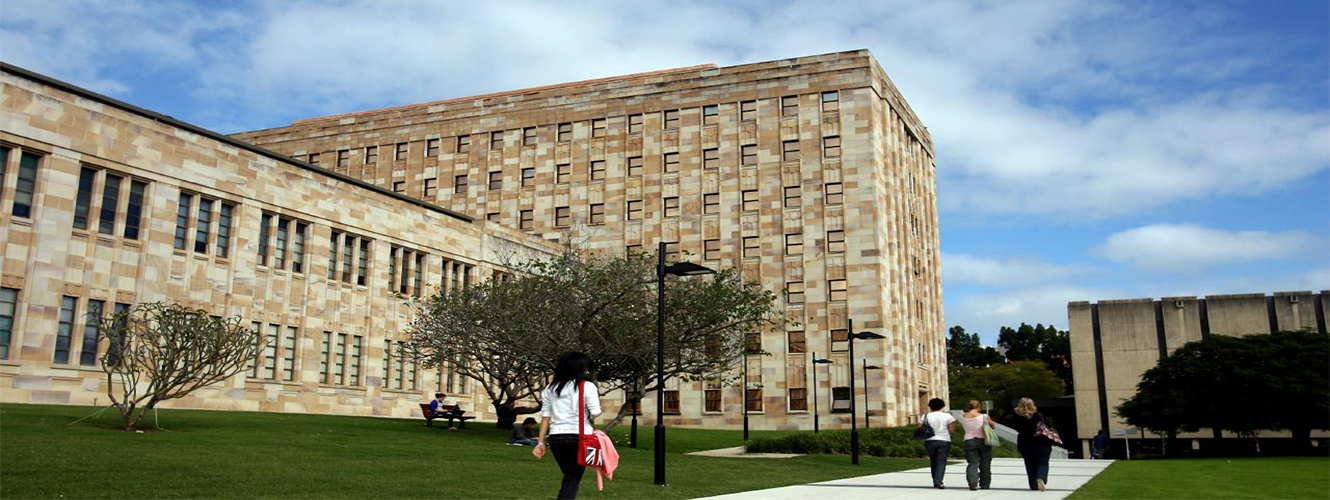AU26 Master of Architecture University of Queensland
-
THÔNG TIN CHUNG
- The Master of Architecture will develop the advanced design, technical and professional skills relevant to the practice of architecture. The program is accredited by all Australian state and territory architect registration boards.
- Choose from a range of courses that will develop your ideas about, and abilities in, contemporary architectural practice. Courses cover topics such as housing and density, civic buildings and public space, and commercial architecture.
- Study at the School of Architecture, which is a national leader in architectural education and research. We encourage students to explore and develop their independence and curiosity. Many of our graduates go on to become leaders in the profession.
- Learn from experts who are passionate about architectural education. The School brings together professional architects and leading researchers who have strong local industry links and work to advance the discipline of architecture internationally.
-
CƠ HỘI NGHỀ NGHIỆP
In order to legally call yourself an "architect", you have to register with a state or territory architect registration board.
There are eight boards in Australia – the Master of Architecture is accredited by all of them.
Each state and territory has its own specific requirements for registration.
Typically, these requirements involve: the completion of an accredited degree, a period of professional experience, and satisfactory completion of the Architectural Practice Examination.
Our graduates can be found in major leading design practices in Australia and around the world.
Graduates have also found opportunities managing property development and building companies, working as architectural photographers and visualisers, and editing architecture journals.
In general, architects can work across the public, private and not-for-profit sectors. Work might involve residential buildings, commercial buildings, public infrastructure, or non-building work.
Other areas include:
- Heritage and conservation
- Construction and project management
- Interior design
- Urban planning
- Research and education
- Consultancy work.
Other graduates choose to further their research ambitions and proceed to enrol in a Master of Philosophy or PhD program, where they continue developing their research skills and make significant contributions to knowledge.
- ĐIỀU KIỆN ĐẦU VÀO
- ĐIỀU KIỆN NGÔN NGỮ
- HỌC BỔNG
- ĐỊA ĐIỂM
Tóm tắt
-
Phí ghi danh
100
-
Độ dài khoá học
2 năm
-
Kỳ nhập học
Tháng 2
Tháng 7
Phí Cơ Bản
-
Loại Tiền
-
Học Phí
Trên năm -
Phí Sinh Hoạt
Trên năm -
Tổng






